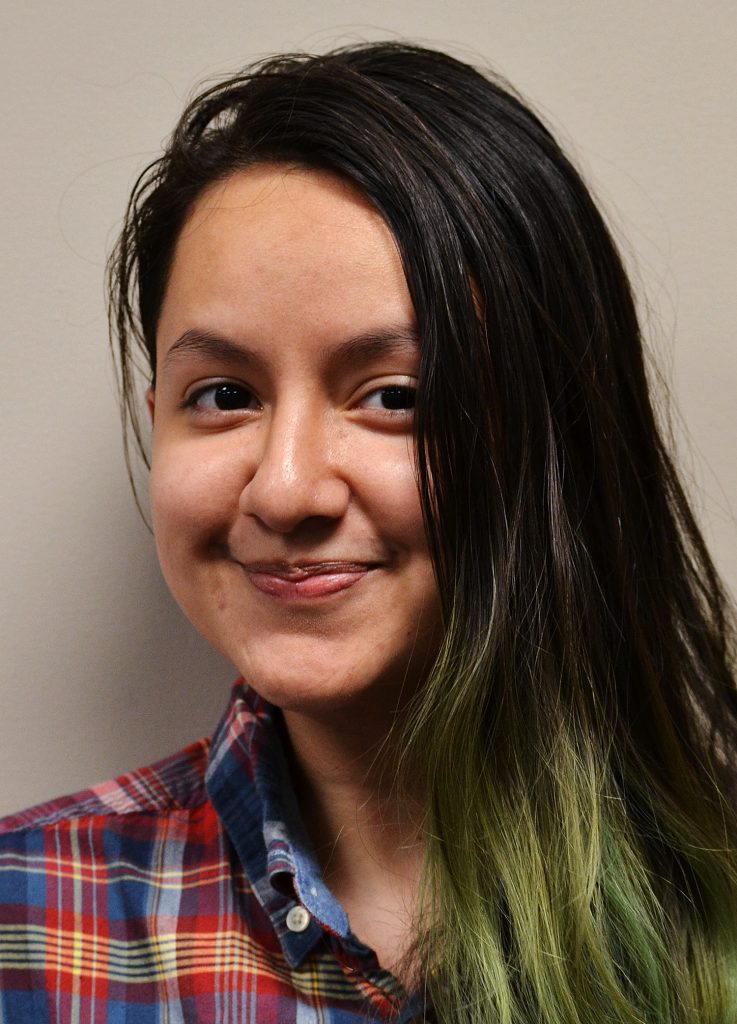OPINION: Australia, UK need to do more for Aboriginal rights
By Mireilly Gonzalez
Assistant Editor
Published Wednesday, Oct. 26, 2022
According to the Australian Institute of Criminology, 521 Indigenous people have died in custody since 1992. However, deaths continue to pile up, and Aboriginal communities find themselves without justice.

Just this past May, police officer Zachary Rolfe was acquitted of the death of Kumaji Walker. He was accused of murder, manslaughter and a violent act resulting in death. Rolfe was the first officer to face trial for an Aboriginal death—and understandably, all eyes from the Aboriginal community were set on the trial. It presented hope amidst the collective mourning that Walker’s death sparked in people’s hearts. The acquittal, then, is soul-crushing.
To this day, the Aboriginal community still fights for human rights. Demands include better healthcare and education. They also desire better representation in their own government. It wasn’t until 1962 that Aboriginal people received the right to vote in national elections. According to a 2020 study by The Lancet, Indigenous Australians are at a higher risk of getting COVID-19. One reason being that they’re more likely to have pre-existing conditions like diabetes, cancer and chronic respiratory disease—which are commonly found in COVID-19 patients.
According to TIME, when compared to non-aboriginal Australians, Aboriginal Australians are 14 times more likely to be homeless, earn 33% less, are more likely to be unemployed and have eight years less life expectancy.
Few apologies emanate from the government—and definitely not enough action to create real change. For example, the Stolen Generations—sometimes called the Stolen Children—never received a formal apology from the Australian government until 2008.
“For the pain, suffering and hurt of these Stolen Generations, their descendants and for their families left behind, we say sorry,” former Prime Minister Kevin Rudd said.
The speech was emotional and brought tears to the public’s eye—but what after this?
Aboriginal Australians’ life expectancy, at least, has improved. Back then, it was down to 17 years less than non-aboriginal Australians. Though Kevin Rudd apologized, the Australian government has done little to address racism toward the Aboriginal people today.
People keep dying behind bars.
And with the recent passing of Queen Elizabeth II, Australia’s Indigenous community remains conflicted. After so many years of generational trauma under British rule, many Aboriginal Australians’ view of the Queen dimmed from fair and graceful to compliant to the ongoing systematic abuse.
The Queen, nor any other British royal, never addressed the Stolen Generations either. Despite the extent and former glory of the U.K. as a massive empire, it’s important to remember: the Aboriginal Australians are the single, oldest continuing culture today.
Aboriginal Australians deserve justice and deserve to be heard. They’re an excellent example of speaking up about human rights. I think our modern world can learn a thing or two from them about power, dreams and resilience to achieve them. Really, what are 400 years to 60,000 years?

Hey, thanks for the article post.Really looking forward to read more. Great.